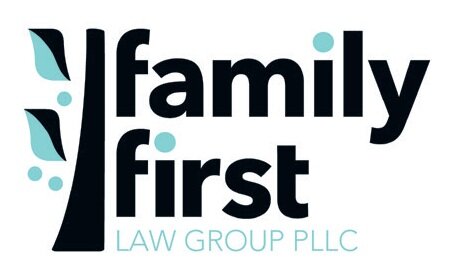Why Do I Need A Will?
Why have a will? A Will costs money. It’s no fun to think about. You just can’t find the time to get around to it. What difference does it make?
There are probably a lot of reasons why you have never quite gotten around to making that will of yours. But you should think about the consequences of not making your own will. If you don’t take the trouble to decide what happens to your property after you pass away, you will be left with the “will by default” provided by the State’s laws of inheritance. By attending to these decisions now, you can also make a “living will” to determine what medical procedures you would want in case you become incapacitated with a terminal illness. If you have no Will of your own, the Commonwealth of Virginia supplies you with a “will by default” which will have these provisions:
If you are married and have no children or only children by your current spouse, then all of your estate will go to your spouse, regardless of his or her need and regardless of how great the needs of your children or an aging parent or other loved one.
If you are married, but have children by a prior marriage, then your spouse will only get one-third (1/3), regardless of your spouse’s needs and regardless of how well provided your children may be. The rest is divided equally among the children or their legal guardians on their behalf.
If your spouse dies also and you have two or more minor children, then they all get an equal share. That may be appropriate, unless one has a serious medical problem or special educational, professional or business needs. Furthermore, your minor children will have full control over their shares when they are 18, even though you might feel they are unlikely to act wisely until they are somewhat older.
You will not be able to make sure that your grandmother’s wedding ring will go to your sister or favorite niece as had been your plan. The stamp collection or family pictures will not necessarily go to the child who loved to “help” you with those special projects.
If your spouse also passes away, your wealthy Aunt Mary, whom you detest, might be appointed guardian of your children, even though your Uncle Jim would, in your view, be a much better parent. It is even possible that a stranger could be appointed guardian. Without a will you have no say in this decision, which a judge will have to make as best he/she can.
Someone will have to be the administrator of your estate. Without evidence of your choice in a written will, a judge will be compelled to make this vital decision with no guidance from you.
An expensive surety bond will have to be posted and paid for at least annually out of your estate by the administrator. This requirement could be waived if you so elect in a Will.
If your estate (including generally, life insurance, pension and other payable-upon-death benefits) is large enough, it could be subject to larger federal and state estate taxes which an appropriately designed will might reduce or eliminate.
In short, if you do not make your own will, the Court and your survivors will do the best they can to carry out your “will by default.” That may turn out all right, but for most people, especially those with children or other family obligations, more individualized planning probably makes sense. The only way that can happen is if you face up to the task of deciding for yourself what you want your will to be.
